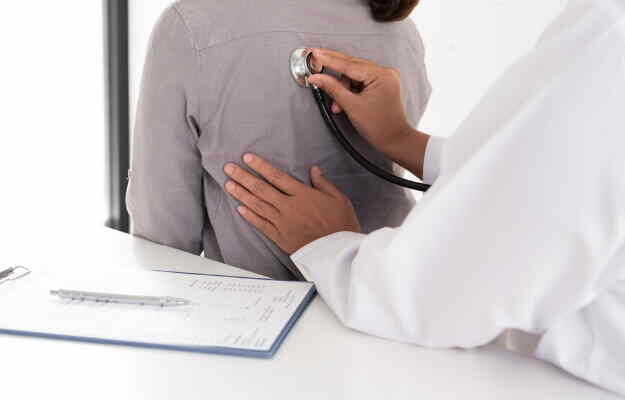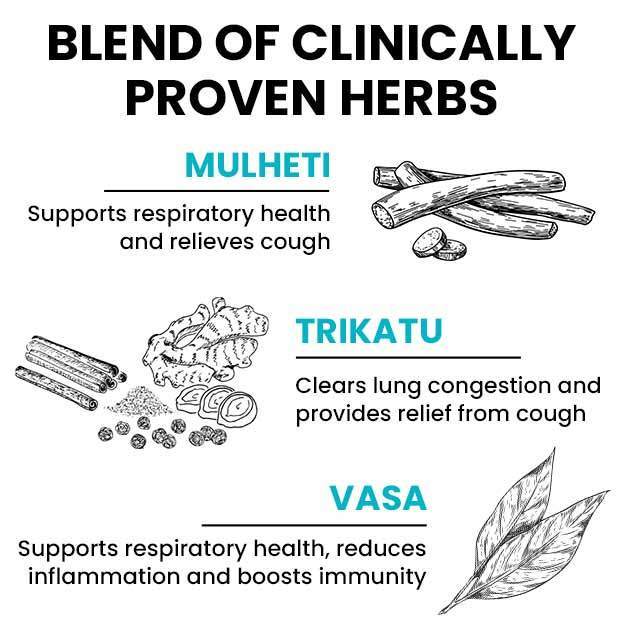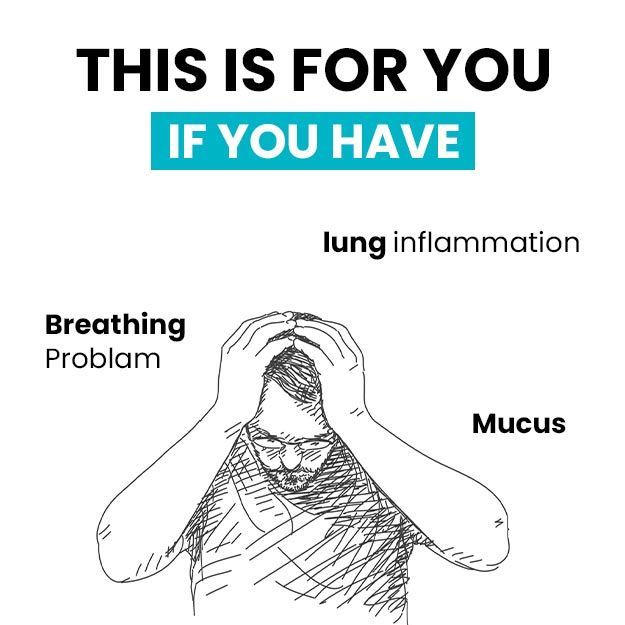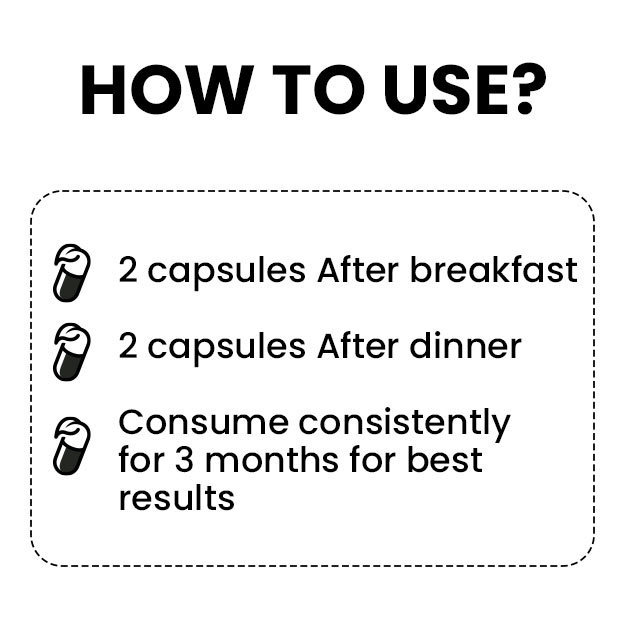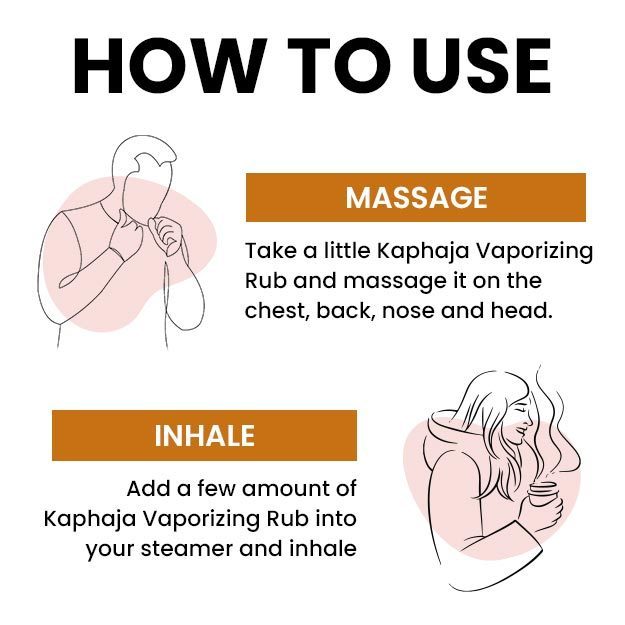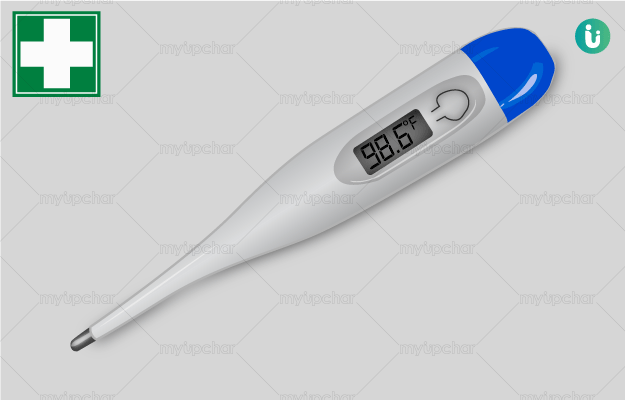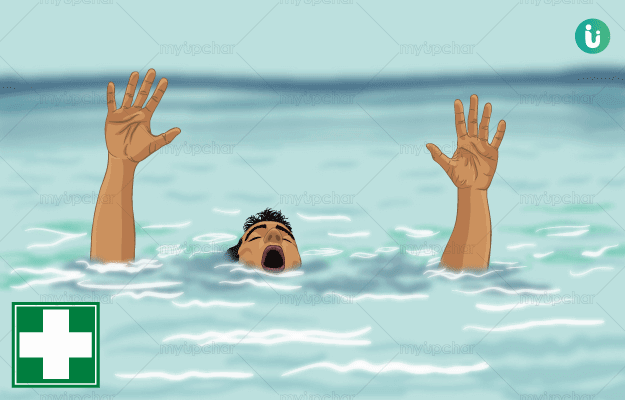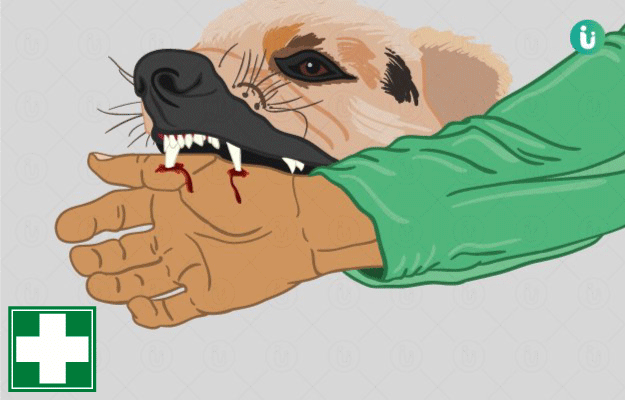When a person breathes, oxygen enters their lungs and travels to the organs. When we exhale, carbon dioxide comes out of the body. A normal respiratory rate regulates the process of oxygen and carbon dioxide. This entire process is controlled by a system called the respiratory drive.
Respiratory rate may vary from person to person. There is a range that doctors consider normal, such as - the normal respiratory rate for healthy adults is between 12 to 20 breaths per minute. At this rate of breathing, carbon dioxide comes out of the lungs at the same rate. A respiratory rate below 12 or above 20 can be a sign of danger. Respiratory drive is divided into three types.
Nervous central control: The nervous central control system determines the ventilation rate and amount of air intake. It tells the pattern of exhalation, inhalation and inhalation.
Sensory Input System: The sensory input system allows the central nervous system to know how much to breathe and at what rate. It also detects chemical changes like irritants.
Muscular system: The muscular system moves the lungs according to signals from other systems. It controls the process of breathing.
There can be many reasons for the respiratory rate to be low or high. Having an abnormal respiratory rate can indicate a variety of things. Sometimes labor and excessive breathing are caused by your activities, such as exercise or walking, this is completely normal.
(Read more - Acute Respiratory Infection)

